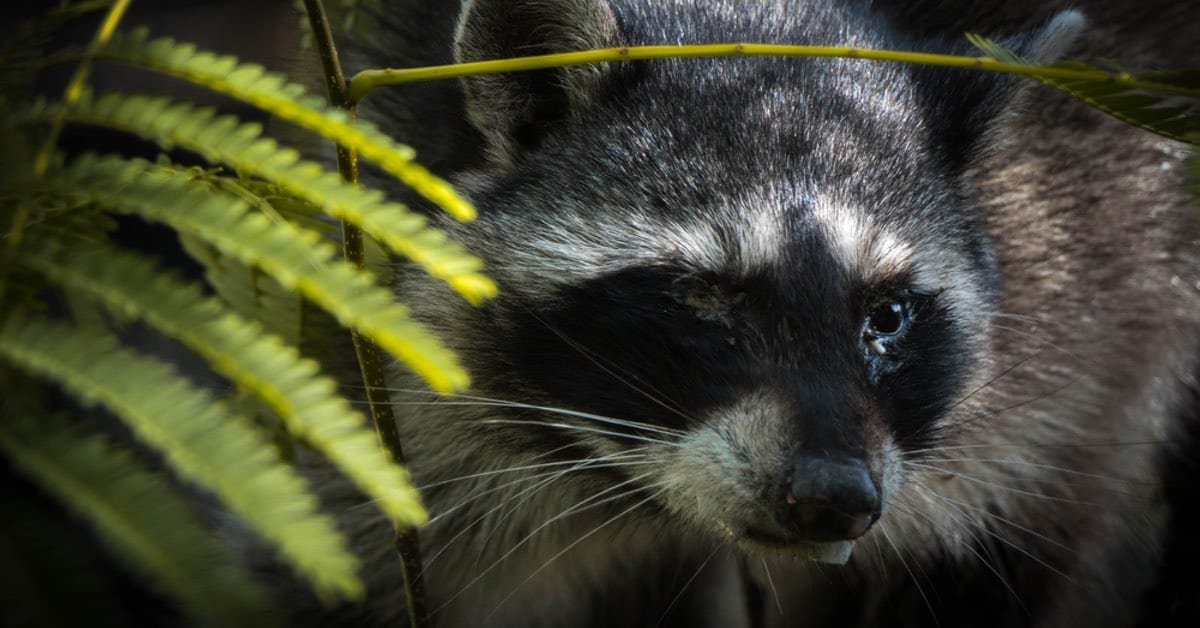Protect Your Home & Family
Various kinds of wildlife carry diseases that can be transferred to humans. Raccoons, in particular, are known to carry two specific types of infection – rabies, and distemper. These animals are commonly found throughout the United States as well as in Canada. They are not considered true hibernators. During the winter if the weather is extremely cold or there is a snowstorm they will climb into their dens and sleep, sometimes weeks at a time. However, when the weather breaks they do come out in search of food. Their dens are usually in brush piles, below rocks, or in hollow logs and trees. They have been found in home attics and barn lofts as well. If you suspect a raccoon on your property it is important to call a wildlife control professional to arrange for its removal.
Signs of Distemper and Rabies in Raccoons
Even if you are not familiar with raccoon behavior, it is typically easy to identify the signs that something is wrong with one of these animals. Raccoons with distemper or rabies generally walk in a way that draws attention to them, staggering or even falling down while moving across the lawn. If you are close enough to see their faces, you may notice drooling. In fact, their faces might not look normal at all. You may notice drooping lips or eyes. Infected raccoons typically have difficulty eating or drinking properly. They also make sounds that are unusual for healthy raccoons. The symptoms for distemper and rabies are the same in raccoons. Only testing can identify which disease the animal has if any.
What to Do If You Spot a Raccoon on Your Property
Even a healthy raccoon may bite you, which is the primary way that rabies or distemper is transferred to humans. Therefore, if you see a raccoon, you should take steps to avoid coming into contact with it. If you believe the animal has made your home into its home, call a wildlife removal service to contain and take away the animal.
What to Do If You’ve Been Bitten by a Raccoon
If you’ve been bitten by a raccoon, you should go to your physician as soon as possible. If at all possible, you should have the animal captured so that it can be tested to see if it is infected with distemper or rabies.
Distemper is commonly found in the raccoon population. While rabies is less common, it is carried by raccoons. Arranging for wildlife removal services can keep your family safe from catching the diseases carried by this animal. Other steps that you can include securing trash and garbage, picking up debris in your yard, and keeping pet food in the house.
If you are concerned there is a raccoon on your property call the professional and certified wildlife removal and control company, NJ Pest Control. Our expert wildlife removal technicians will remove the raccoon efficiently and safely.

